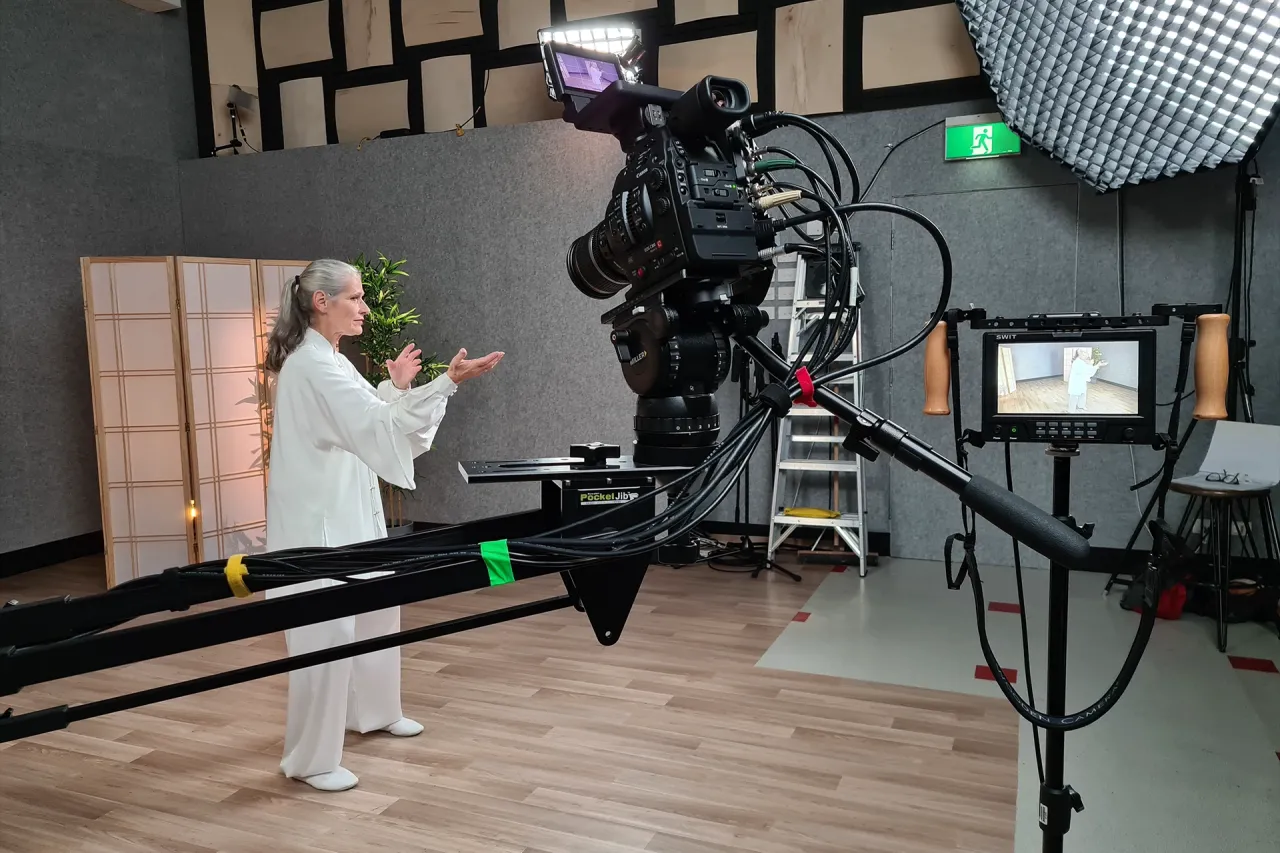Latest

Sciences & Technology
Analysis
Electric cars may be the ‘green’ choice, but they’re driving a scramble for critical minerals
The same forces that shaped the geopolitics of oil are re-emerging in the race to power the electric revolution

Sciences & Technology
Under the Microscope
‘The real ‘magic’ of biology happens at invisible, chemical scales’
Anastasios (Tash) Polyzos grew up in regional restaurants and rock bands, but it was his fascination with chemical reactions that birthed an entrepreneur

Environment
Analysis
Australian biosecurity needs a whole-of government, whole-of-society approach
The WHO Pandemic Agreement aims to prevent and prepare for pandemic threats to human health. But what are we doing about animal health?

Education
Analysis
Young people are using AI coaches, but are they using the right ones?
We need to ensure that AI coaches can be challenged, are responsive to human feedback and accountable to the communities they serve

Sciences & Technology
Happy 70th Birthday to Australia's first computing class
We now carry computers in our pockets, but in 1955, the University of Melbourne became home to the two-tonne CSIRAC computer. Our picture gallery celebrates 70 years of Australia’s first university computing department

Politics & Society
Analysis
Now is the time to get disability human rights into Australian anti-discrimination law
Two major opportunities for reform of the Disability Discrimination Act have been overlooked, including being respected as decision-makers on an equal basis as others and discriminatory migration practices

Sciences & Technology
Research
The time is ripe for chronoculture
A better understanding of circadian rhythms in crop plants can help improve agricultural production

Sciences & Technology
Research
Climate change is turning global wildfires into monsters
The second edition of an annual global assessment of wildfires warns that climate change has made burned areas 30 times larger in some regions

Health & Medicine
Research
Giving parents the tools (without the guilt) to support a teenager's sleep
New research reveals the surprising ways parents influence teen sleep patterns – and what you can do to help, with less guilt and conflict
